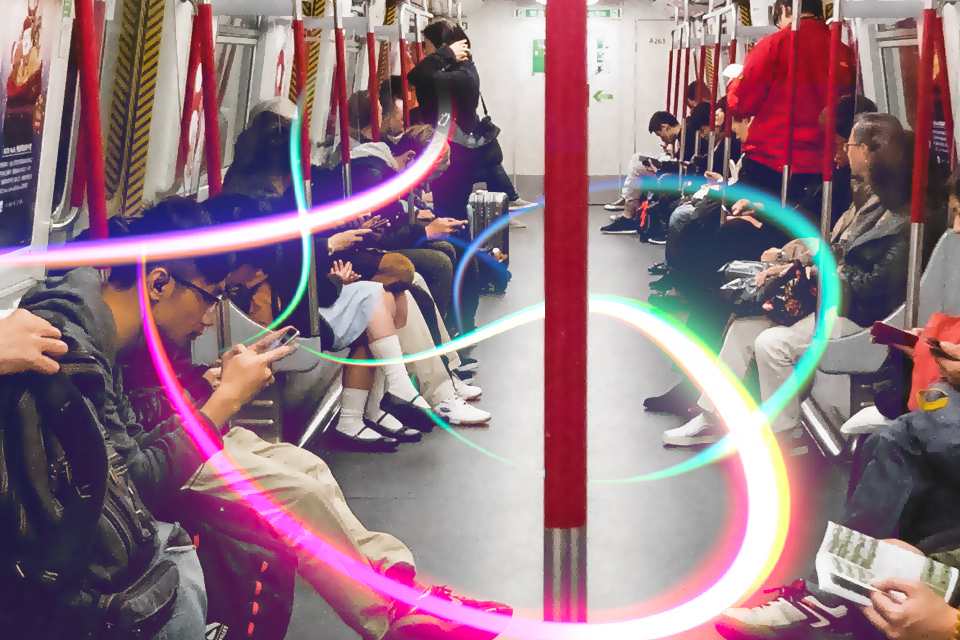Introduction
Our modern world is extremely digitized; because of that, we constantly use Internet-connected devices, even when we’re on the go. As much as this blog has warned about the dangers of public WiFi networks and unknown USB cables, we know people still check our work emails on the train when big deadlines are coming up, or transfer some money to their checking accounts when they need a few extra bucks to make a purchase.
We don’t recommend you use anything besides trusted, secure networks and systems…but we know that people search their smart phones on the go. Here are 3 ways you can make sure you’re a little more secure next time you do it.
Biometric Identification
You may have heard about this before when talking about multi-factor authentication. That uses some unique identifier to make sure it’s really you. Biometric identification uses your features (like your face, thumbprint or retina) to ascertain who you are.
How do you open your phone? Is there a PIN or a passcode needed to get in? If not, then your mobile data is at risk from anyone walking by. They could quickly check your messages while you’re up at the counter ordering and your phone is left on the table; or swipe your phone from your bag and put it back before you even notice it’s gone. Perhaps these scenarios seem extreme, but they’re also easily avoidable if you simply lock your phone.
However, many passcodes are easy to guess…especially by friends or family who’ve seen you type it in a thousand times. Adding biometric identification as a way to access your phone prevents anyone from unlocking your mobile device without your face or fingerprint, thereby making it much more secure.
Virtual Private Networks
VPNs are pretty popular for anonymous browsing from your desktop computer, but did you know that there are also VPN mobile apps ready to secure your smart phone, too? Just like their desktop counterparts, mobile VPNs make your browsing history private from outside trackers. They anonymize your IP address to stop your search data from being traced back to you.
Download these virtual private networks from the app store just like you would get your mobile password manager or antivirus program. Make sure to always use a trusted application marketplace to avoid downloading infected software by accident.
Privacy Screen
Did you know that there are physical ways to protect your phone screen from wandering eyes, in addition to digital safeguards? Most smart phones come with a screen protector, to prevent minor scratches and fingerprint smudges on your actual screen. Given how widespread smartphones have become, it’s probably no surprise that there are tons of different screen protectors on the market…but did you know that some can actually darken your screen to passersby?
Unless you’re holding the phone straight on, these privacy screens are made of tempered glass to prevent others from viewing your screen over your shoulder. Unless you’re at the right angle, your phone screen will look as black as if it’s turned off completely. Strangers can’t watch you type in your bank PIN while you shop online, or see your whole message thread to your sister!
Conclusion
People check their messages when they shouldn’t; they try to get work done on the commute, check in on the business during family vacation, and manage multiple locations from all around the city. So while we always recommend that you wait to make your private searches and access confidential information until you’re on a secured, trusted network, we also recognize that these things happen. Whether through extra security steps or simple hardware accessories, these three tips above will help you better protect your phone searches while in public.



